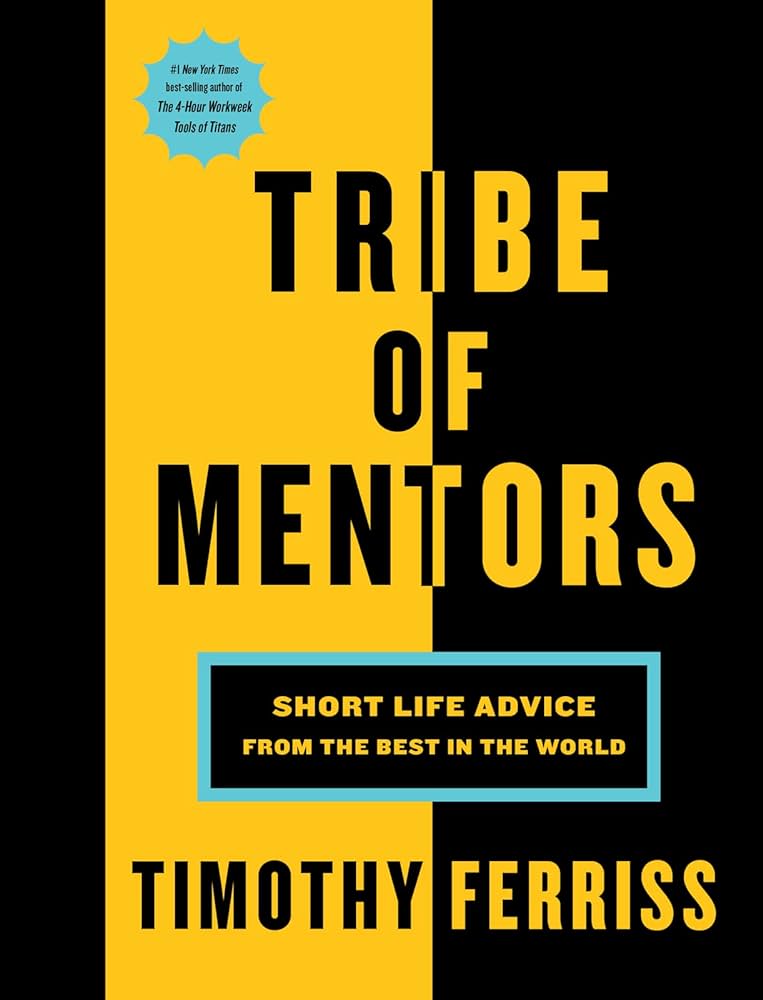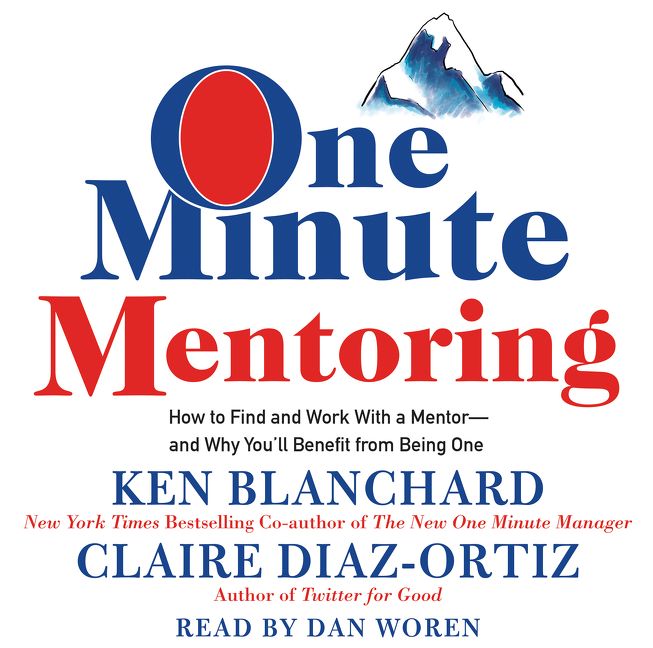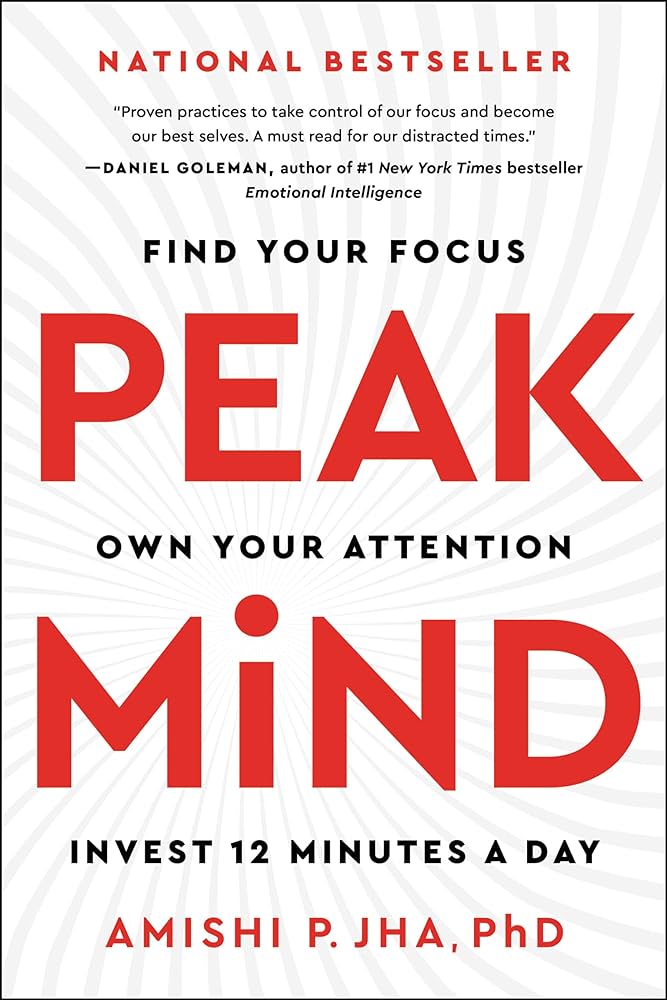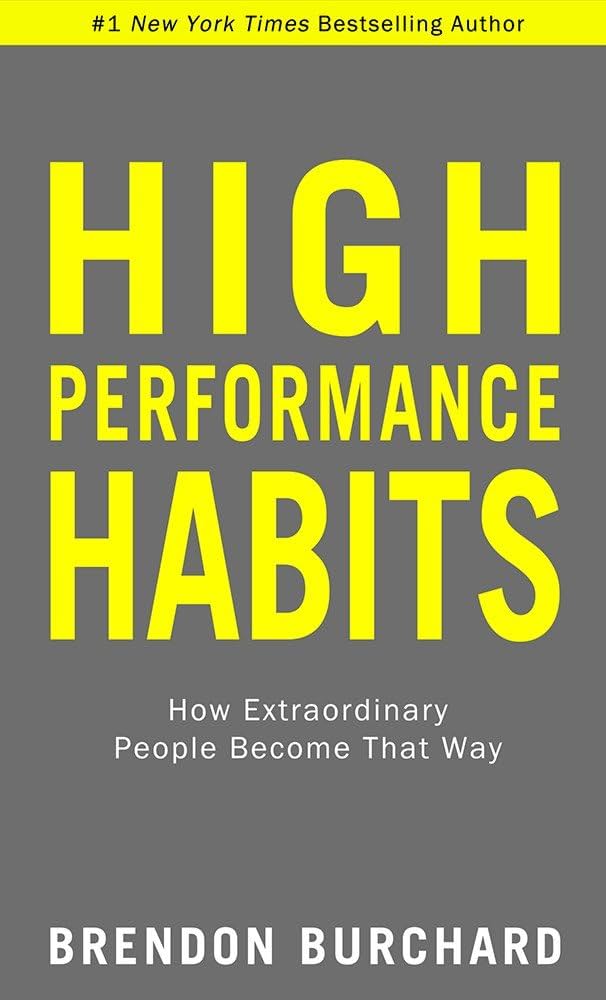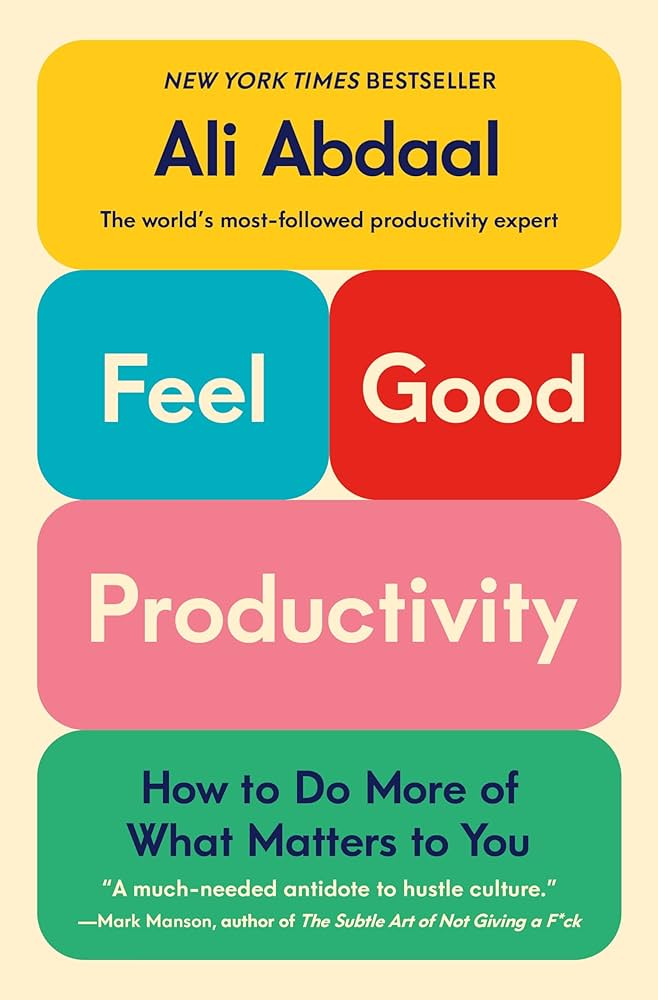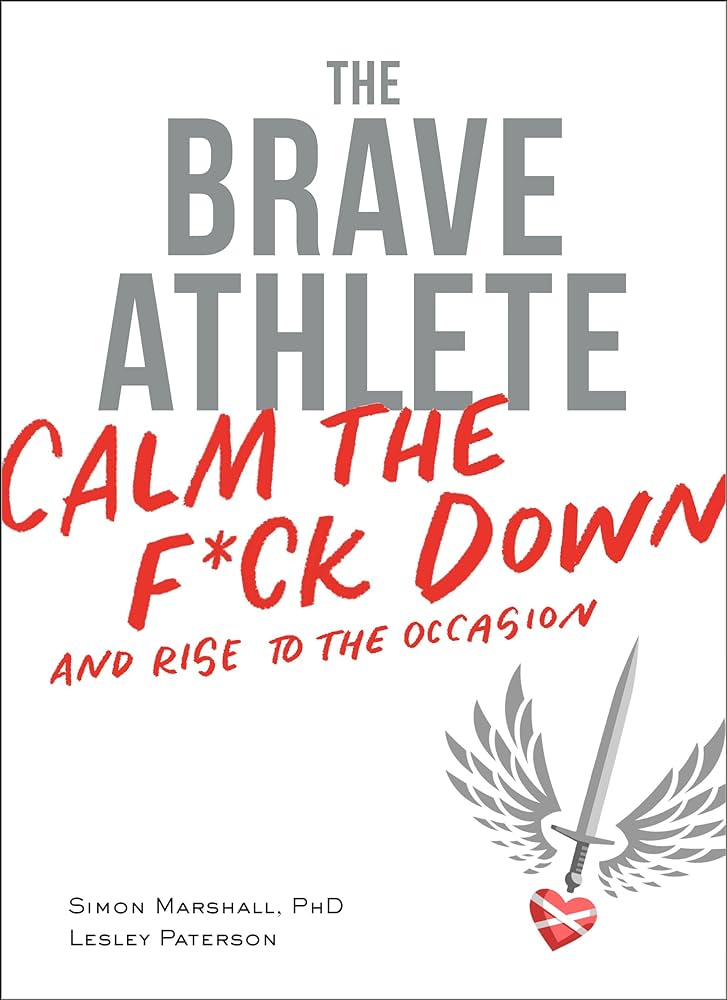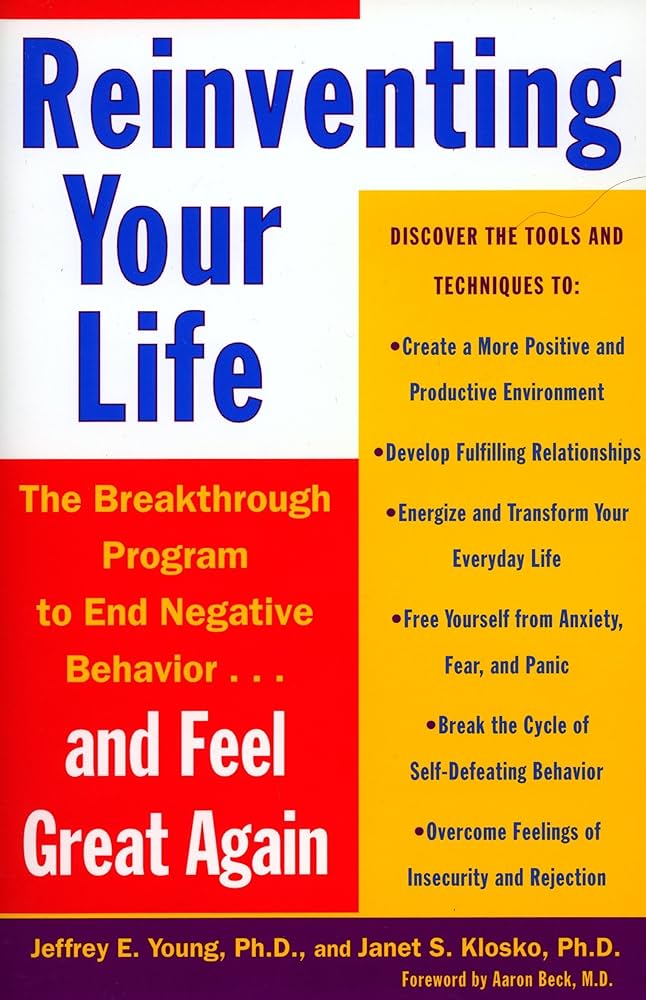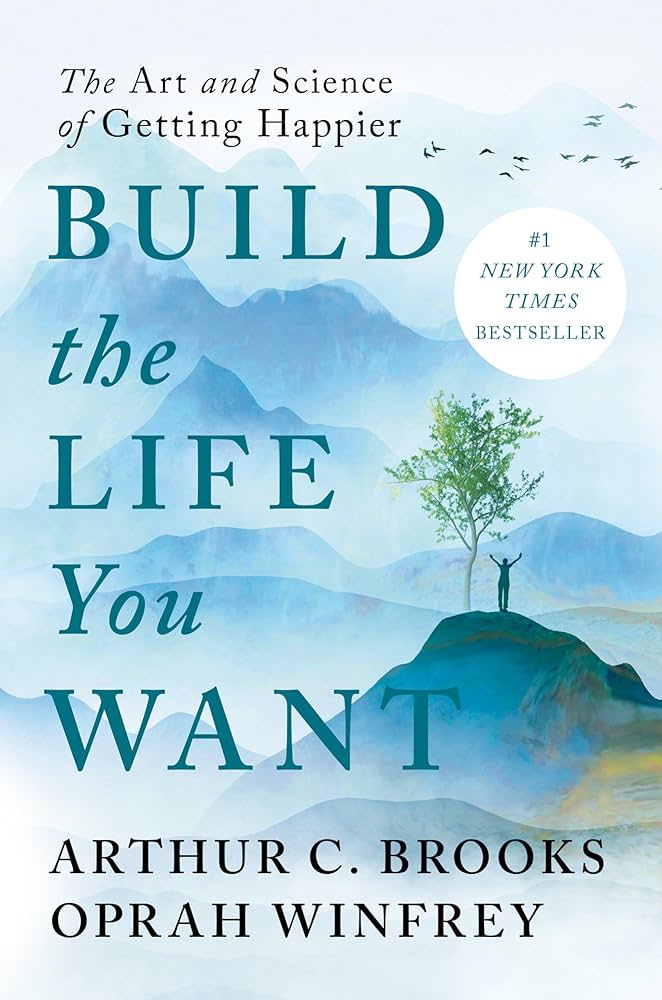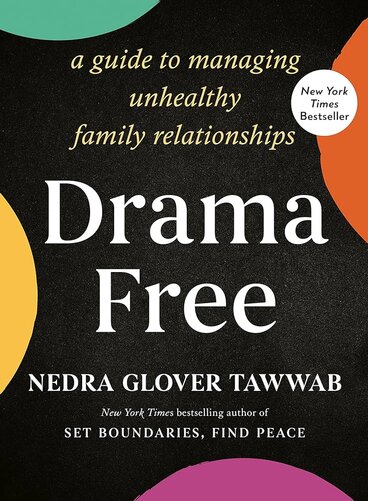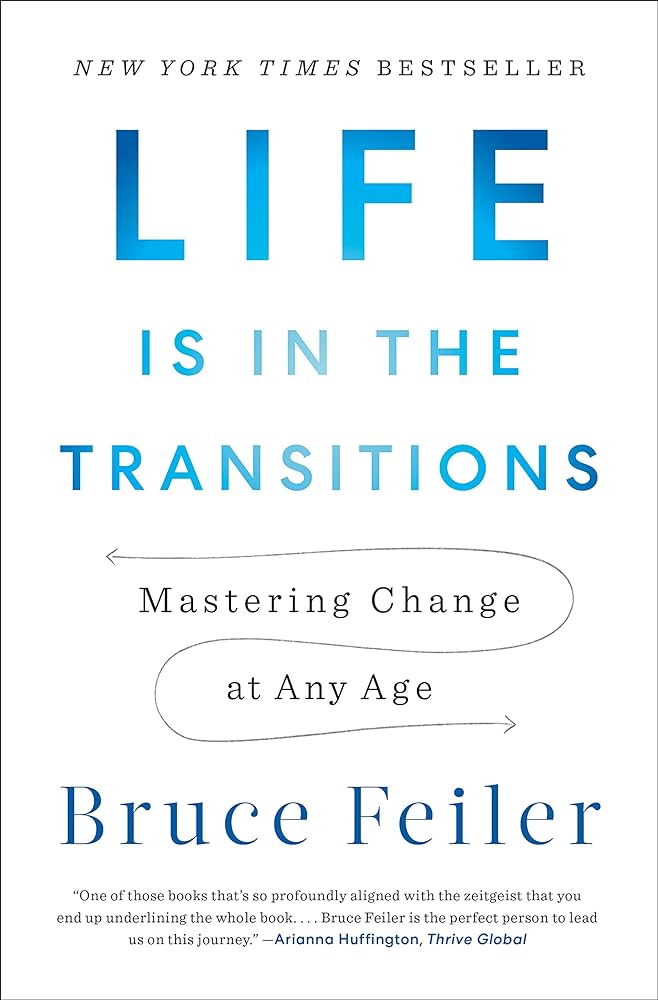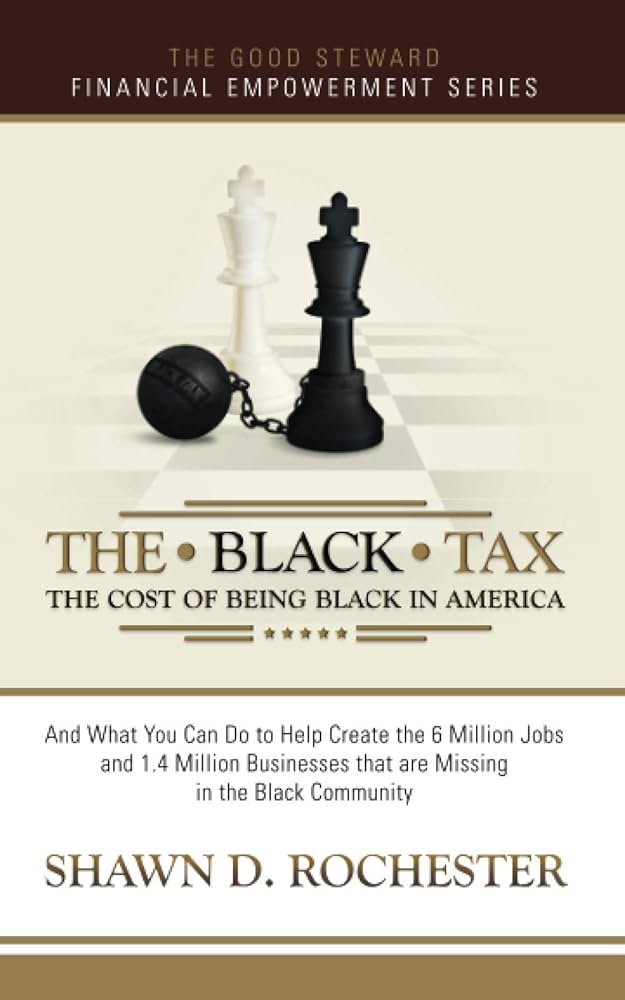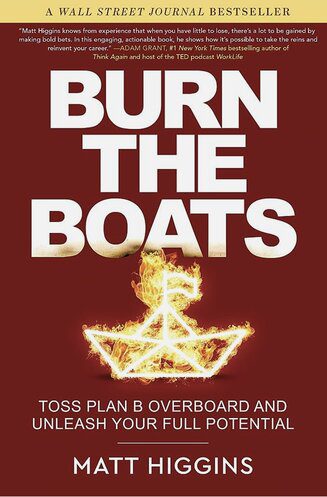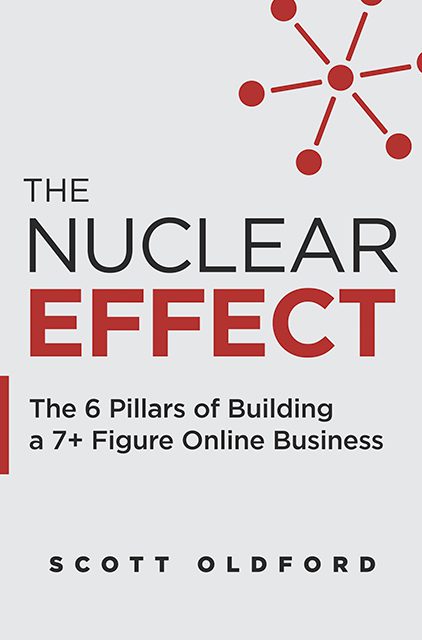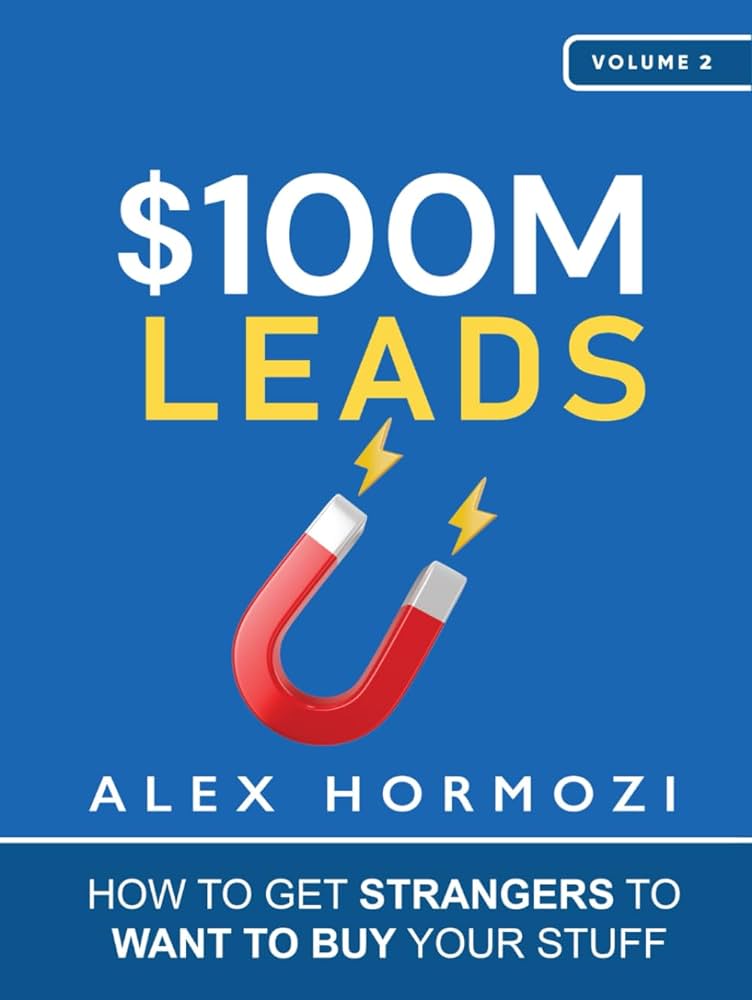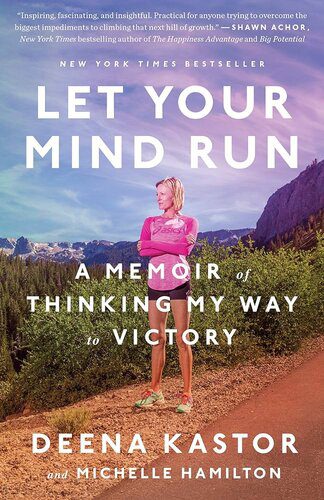In Tribe of Mentors: Short Life Advice from the Best in the World, American entrepreneur, author and host of The Time Ferriss Show shares a compilation of tools, tactics, and habits from 130+ top performers. From iconic entrepreneurs to elite athletes, artists to billionaire investors, many of the people who answered the eleven questions posed by Tim have not been featured on his podcast yet as of the book’s writing.
Tim is also the author of five #1 New York Times and Wall Street Journal bestsellers: The 4-Hour Workweek, The 4-Hour Body, The 4-Hour Chef and Tribe of Mentors. The Tim Ferriss Show has exceeded 900 million downloads and has been selected for “Best of iTunes” three years running.
